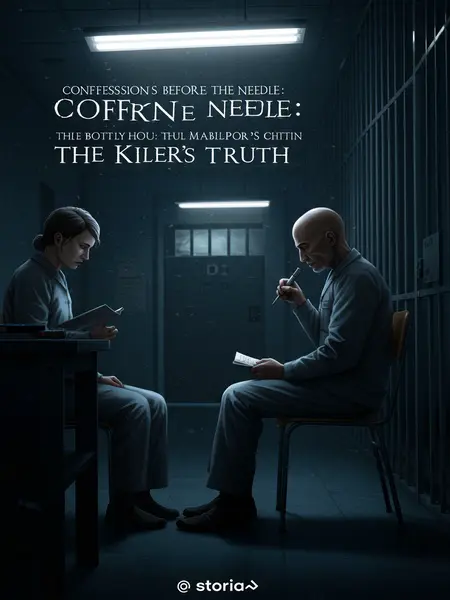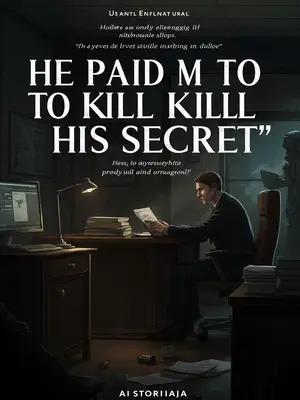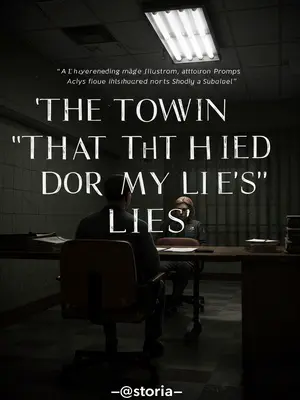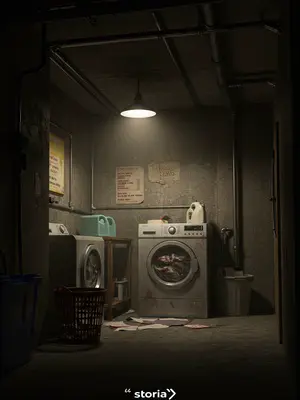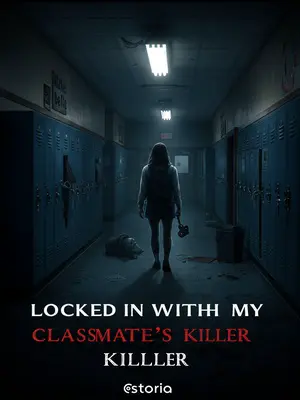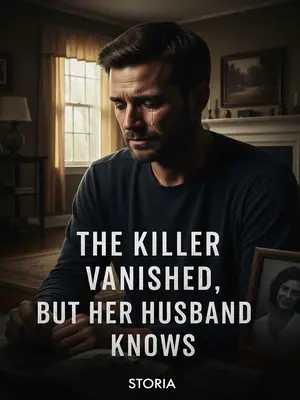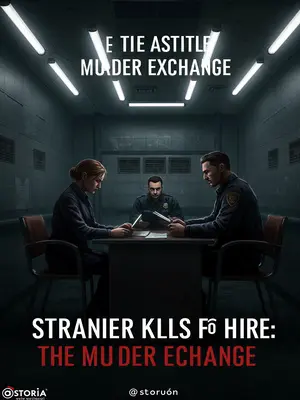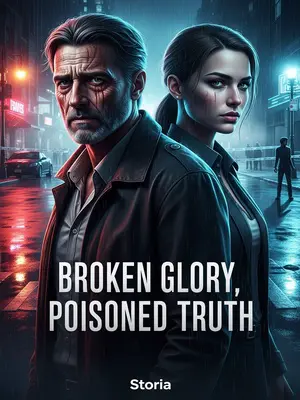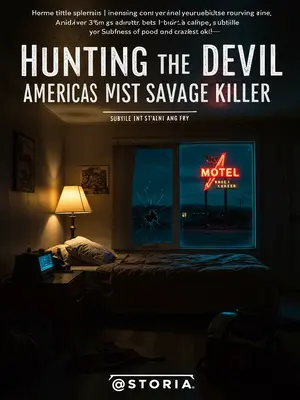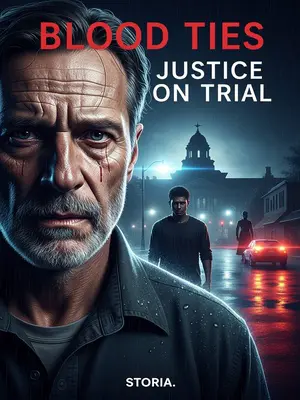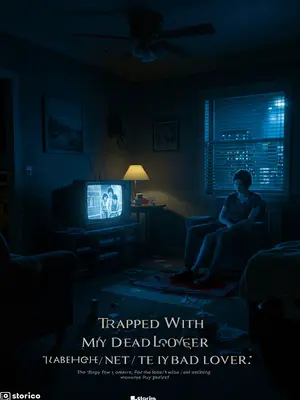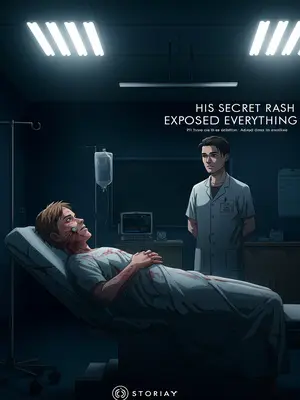Chapter 7: Beyond Redemption
Brian’s narration (3):
Living near the execution grounds didn’t save me. After a while, it just numbed me—death became routine. I wasn’t scared anymore. It just made me less afraid to die myself, or to watch others go.
My mom didn’t know that. She still did her routine every morning, head down, opening that window for me.
She didn’t stop trying positive methods, either.
There was a Dr. Young in town—ran a clinic, did counseling on the side. Not many people went, so he mostly treated colds. But I was a regular, getting therapy from him.
To keep it quiet, my mom even dated Dr. Young, saying he’d help raise me. People in town whispered, but she didn’t care. She paid him, too—therapy wasn’t cheap, and the meds cost even more. Dr. Young couldn’t prescribe psych drugs, so he got them under the table for me.
We could’ve gone to a regular hospital, but my mom refused. She wanted no record, no stigma—she thought I could be cured quietly. She trusted Dr. Young.
Because of her, I never had a psychiatric record.
Dr. Young said my antisocial streak came from childhood trauma. He tried hypnosis, but it never worked—I couldn’t trust him. He gave me chlorpromazine to calm me, but I never took it. So nothing changed.
It didn’t bother Dr. Young—he’d always have a patient. I just went to his clinic for snacks and books, living up to the “help raise the child” story.
Dr. Young and I played along. Only my mom was left in the dark.
To pay for all this, my mom worked at the machine works and picked up extra jobs. She wasn’t even forty, but her hair was already half white.
Sometimes late at night, I heard her crying; other times, she seemed hopeful, never stopping.
My dad saw what I was and left. My mom was stubborn—she wouldn’t quit.
A lot of women are like that. Strong on the outside, but always hoping for someone to lean on. I was all she had left. She pinned everything on me—school, work, a normal life. She did nothing wrong. She was just a mom.
But I wasn’t a normal kid.
I couldn’t be what she wanted. I felt trapped around her. The only thing I ever wanted was to do wrong—that was just who I was.
You might wonder how I knew I was doomed to crime.
Because I tried to save myself.
All those hours at Dr. Young’s, I read every psych book on the shelf. They all said the same thing: childhood trauma can ruin a life. That’s the butterfly effect.
I went from good kid to bad, and it all traced back to one thing.
For years, I avoided thinking about it. It made me miserable.
But the books helped me see: if I didn’t untangle that knot, I’d always be in pain.
In second grade, I locked a classmate in a storage room—no grudge against him. The one who hurt me was his dad.
His name was Aaron Davis.
Aaron Davis molested me—a seven- or eight-year-old kid.
I didn’t understand it all, but I knew when a nice adult suddenly turned cruel. The fear and pain were real.
After, I was terrified. I told my dad, hoping he’d help. But he just told me not to go back to that house.
If my dad wouldn’t stand up to him, how could I? I couldn’t fight back, so I went after Aaron’s son.
But that didn’t help. I locked the boy up, and Aaron assaulted me again, warning me to stay away.
Aaron Davis was always nice in public—smiling, giving me candy. But when nobody looked, he was a monster.
Nobody would believe a kid accusing a good man. Not even my dad.
After that, I never spoke of it again. But I changed—became sensitive, angry, vengeful.
Even the smallest slight made me snap. Every act of revenge was trying to make up for what I couldn’t do back then.
But it was never enough. Like scratching an itch through a glove—never really satisfying.
Eventually, I realized Aaron Davis was my true enemy. Only I could fix it.
I had to kill him.
I started planning ten years ago. As a kid, I couldn’t fight him. Now, I was grown and he was old—killing him was easy.
You say I ruined Aaron Davis’s family. But he ruined my whole life.
Only by killing him could I be free.
That’s the real reason I killed Aaron Davis.
---
*Footnote: The story of a mother moving three times for her son’s sake is an old one. In America, it’s like parents moving across states or into better school districts, hoping a new place will give their kid a new start.*
